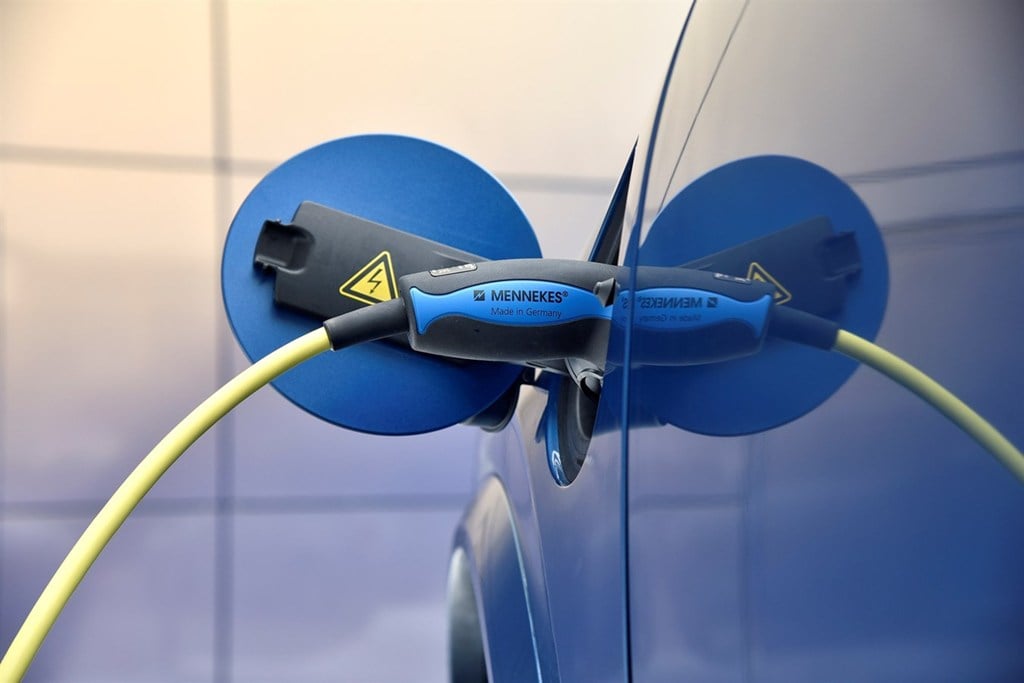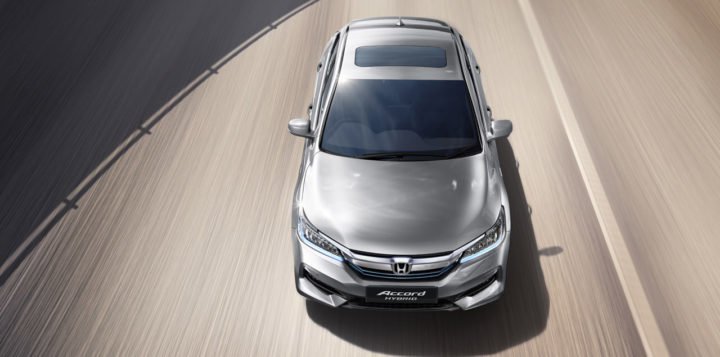Maruti Suzuki and Honda are working on the local production of hybrid cars in India. Introduction of hybrid technology will amount to a major shift towards petrol vehicles while decreasing the carbon footprint.
Maruti Suzuki took it to their heart when they were left out of now two tenders by the Indian government to procure a total of 20,000 electric vehicles. The tender was bagged by Tata and Mahindra, both of which collectively delivered 10,000 electric vehicles to the government. Hybrid vehicles are the bridge between the gasoline and electric powered vehicles. Since hybrid technology combines both propulsion methods, it’s more complicated and costlier to build. Suzuki has made a considerable commitment to the nation by manufacturing the lithium-ion batteries in India in conjunction with Denso and Toshiba. Want to know more about the upcoming vehicles, read along.
Hybrid Cars In India – What is Hybrid?
The word hybrid defines the amalgamation of more than one type of propulsion systems. Typically, hybrid vehicles sport a petrol engine that works in conjunction with an electric motor. There are several examples of the same like the Swift hybrid, Camry hybrid etc. The evident advantage is combined mileage of over 20 kmpl. Another advantage of the hybrid system is its versatile nature. While electric cars offer less range, in hybrid vehicles, you can simply choose to run on fuel when the batteries run out. The only disadvantage is the cost of hybridisation as the system is much more complicated and the added weight and mass of batteries do pose a serious threat to mileage. Now Maruti Suzuki wants to locally produce hybrid cars in India.
Maruti introduced their SHVS system claiming it to be a miro-hybrid. The SHVS system should not be confused with a full Hybrid system as the electric motor could only provide a little boost while failing to power the car independently. The SHVS Ciaz compared to a non-SHVS model featured a gain of just 2% efficiency. While electric cars seem to be the future, hybrid and plug-in hybrid is the stepping stone. Next up would be the range extender that features a small engine to charge the batteries when they run out. The engine cannot run the vehicle independently but since its sole exercise is to charge the batteries, a single cylinder would do the job as well.
Hybrid Cars In India – Why Do We Need Hybrids?
With emission norms getting stricter by each decade, the engine alone cannot be made efficient enough to meet the norms. In order to curb pollution, the impending CAFE norms are to come into effect starting 2022. Currently, the adjusted-for-kerb-weight Corporate Average Fuel Efficiency figure stands at 138g of CO2 per kilometre. The upcoming norms will require cars to push out less than 113g of CO2 per kilometre. Since the CO2 output is directly proportional to fuel economy, diesel vehicles rule the department. Several automakers like Suzuki and Honda want to introduce their hybrid vehicles before the new CAFE norms are introduced to capitalise on the segment. Since the upcoming hybrid vehicles in India will combine the efficiency of electric (90%) and petrol (35%), the average total output will meet the requirements.
Also Read – Upcoming 7-Seater SUV in India.
Hybrid Cars In India – Maruti Suzuki
Maruti Suzuki is one of the manufacturers committed to introducing hybrid cars in India. They have often showcased the Swift Hybrid at several Auto Expo and Green Expo.
Since the Japanese market offers both petrol as well hybrid powertrain, let’s compare the two over price and fuel economy. The Japanese petrol Swift range starts at Yen 1.34 million (INR 8.14 lakh) and the Swift Hybrid range starts at Yen 1.65 million (INR 10.03 lakh). Considering the Swift Hybrid weighs under 1000kg, it enjoys the same tax slab as the normal Swift, while costing almost INR 2 lakh more. The price difference between the petrol and diesel cars in India is less than that. Hence the upcoming hybrid cars in India will be costlier to their diesel counterparts. The Swift petrol in Japan delivers 22.6 kpl while the hybrid delivers 32 kpl. The difference is evident but is it worth the price difference, definitely not.
The Suzuki Swift Hybrid in Japan employs a 10kW electric boost from its 100V system. The Indian Swift Hybrid configurations are going to be different as the product will be manufactured locally. Expect an 8kW system instead of 10kW leading to an expected real-world fuel economy of around 19 kpl in India. While the battery pack will be sourced from Suzuki-Denso-Toshiba plant in Gujrat, certain other parts like management system and electronics will have to be imported. This will initially shoot the cost even more than the diesel version. Even when locally procured, the hybrid variant will cost more than their diesel counterpart. The only way to keep a check on their final cost will require the government to step up and introduce subsidy or incentive policies in favour of electric and hybrid vehicles.
Also Read – Non-ISI Helmets Banned In India!
Hybrid Cars In India – Honda
Honda already sells one of the most advanced hybrid systems ever, in India. The Acord Hybrid features a revolutionary range-extender type of system known as Intelligent Multi-Mode Drive (i-MMD). The Accord either works as an electric car in Hybrid Drive Operation (HDO) with the petrol engine charging the battery and the electric motor powering the wheels. Another option is Engine Drive Operation (EDO) wherein the engine runs the wheels but via a single gear equivalent to fourth for reduced transmission losses. The Honda Accord Hybrid delivers about 17-18 kpl on average in the Indian driving cycle.
A Honda City with similar tech on board and a smaller 1.5-litre petrol unit would easily deliver over 30kpl making it much more efficient than the diesel counterpart. This also in-turn makes the price of upcoming hybrid cars in India by Honda justifiable.
Hybrid Cars In India – Launch Date
The upcoming hybrid cars in India from Maruti Suzuki and Honda are expected to be showcased by the year 2020. The production and sales will start in the year following. The exact timeline and configuration these cars will be launched in are unclear. One thing is clear for sure though, the fuel-economy war is going to restart in 2022 with petrol cars winning this time.
Going by the article, would you still prefer a Diesel over Hybrid? Let us know in the comments below.



